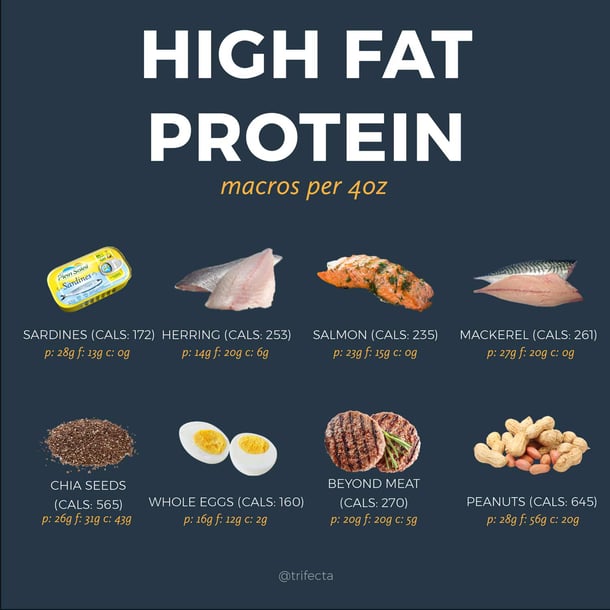4246 Insights
Your source for the latest news and information.
Lean Protein: Your New Best Friend for a Fitter Life
Discover how lean protein can transform your health and fitness journey! Unlock the secrets to a fitter life today!
The Science Behind Lean Protein: Why It's Essential for Your Fitness Journey
Lean protein plays a crucial role in optimizing your fitness journey by supporting muscle repair and growth. When you engage in regular exercise, your muscles endure stress and micro-tears that need to be repaired for strength and endurance to improve. Consuming adequate amounts of lean protein sources, such as chicken, turkey, fish, beans, and legumes, provides the necessary amino acids for this repair process. Furthermore, protein has a satiating effect, which can help maintain a healthy weight by reducing overall calorie intake, making it easier to stay on track with your fitness goals.
In addition to muscle recovery, lean protein is essential for maintaining a healthy metabolism. When the body digests protein, it releases hormones such as glucagon which aid in fat burning. Research suggests that incorporating lean protein into your meals can increase the thermic effect of food (TEF), leading to higher energy expenditure as your body works to digest and process it. As you navigate your fitness journey, integrating an appropriate amount of lean protein into your diet can enhance recovery, support muscle growth, and elevate your metabolic rate, ultimately leading you closer to your fitness aspirations.

Top 10 Lean Protein Sources You Need to Incorporate into Your Diet
When it comes to maintaining a healthy lifestyle, incorporating lean proteins into your diet is crucial. Not only do they help build and repair tissues, but they also keep you feeling full and satisfied, which can aid in weight management. Here are the top 10 lean protein sources you should consider adding to your meals:
- Chicken Breast
- Turkey
- Fish (like salmon and tuna)
- Lentils
- Quinoa
- Eggs
- Greek Yogurt
- Tofu
- Lean Cuts of Beef
- Beans and Legumes
By incorporating these lean protein sources into your diet, you'll not only boost your nutritional intake but also enhance your overall well-being.
How Much Lean Protein Do You Really Need for Optimal Health?
Understanding how much lean protein you need for optimal health is crucial for maintaining overall wellness. The general recommendation is to aim for 0.8 grams of protein per kilogram of body weight for sedentary adults. However, this amount can vary significantly based on factors such as age, sex, activity level, and overall health goals. For example, individuals looking to build muscle or those who engage in regular strenuous exercise may need between 1.2 to 2.0 grams of protein per kilogram of body weight. It's also important to consider the source of protein; prioritizing lean protein options like chicken, fish, beans, and legumes can help you meet your protein needs without adding excessive fat to your diet.
Moreover, integrating lean protein into your meals can yield multiple benefits beyond just muscle maintenance. A diet rich in protein can promote satiation, making it easier to control hunger and manage weight. Additionally, adequate protein intake plays a vital role in hormone regulation, immune function, and tissue repair. To ensure you are meeting your lean protein needs, consider spreading your protein intake throughout the day across all meals and snacks. This method not only aids in digestion but also optimizes muscle protein synthesis, further enhancing your health and fitness outcomes.